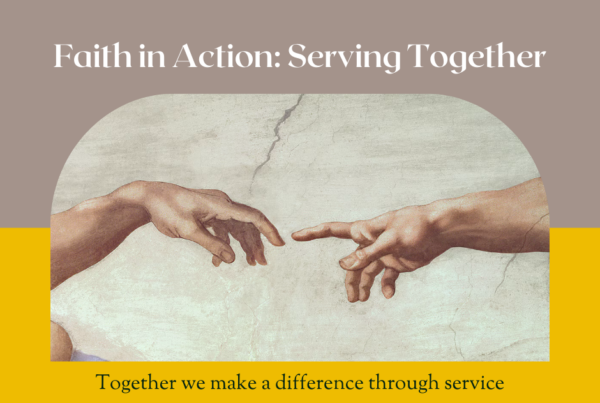As World Mental Health Day approaches, each of us can benefit from the reminder that you are not alone. According to the National Institute of Mental Health, “nearly one in five U.S. adults live with a mental illness”1. You are not alone. Mental health disorders come in all different forms from generalized anxiety, depression, OCD, and many others. There is much talk about the different forms of disorders from stories in the local news to every day experiences, but what do we do to change the perception of mental health issues.
In an interview with Dr. Mork, Professor of Psychology, she reflected on her own experiences with mental health in college. She said, “mental health was highly stigmatized while I was in college, it was not talked about.” In efforts to bring the conversation of mental health to the surface, Dr. Mork reminds us that “there are resources out there. Suffering is not a badge of honor.”
“Suffering is not a badge of honor.” – Dr. Mork
With the conversation surrounding mental health becoming normalized, we, as students, staff, and faculty need to stay alert. There are many coping strategies’ that I have learned in my own experience with anxiety and panic disorder that have majorly benefitted me. These include structured breathing, making worry lists, talk therapy, and exercise.
As I know not all my coping skills will work for everyone, I asked members of the student body what ways they cope.
- Stay active
- Listen to worship music
- Mediate
- Spend time with friends
- Read their bibles
As October 10th approaches, I think we can all remind ourselves that we are not alone.
There are resources that are available to everyone and at the very least, know that many students are right alongside of you.
[1] U.S. Department of Health and Human Services, National Institute of Mental Health. (2021). Mental illness. https://www.nimh.nih.gov/health/statistics/mental-illness.shtml


